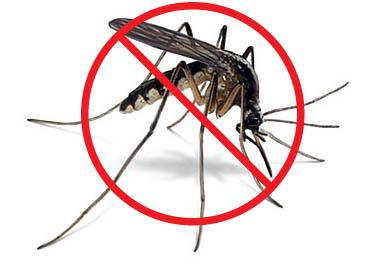

As of this writing there have been 263 confirmed cases of Zika virus in Florida since January. As the number of Zika cases raises so too do fears that the virus will start causing the severe birth defects that are occurring in infants throughout the Caribbean and South America. What are the real risks for our children here in Florida?
First, the good news. The Zika virus poses little threat to children and infants. Only one in five infected individuals will exhibit symptoms and those that have symptoms will usually only have mild viral symptoms such fevers, aches, pains and a rash. Secondly, all of the cases in the United States thus far have been contracted in other countries or through sexual activity with infected individuals who had recently travelled to at-risk countries. The primary mode of transmission in countries most affected by Zika is through mosquito bites. Thankfully no mosquitoes have been identified in the U.S. as carrying the virus.
So why is there so much fear about this virus? When pregnant women contract the virus, their unborn baby is at risk for severe birth defects that cause a small head (microcephally) which results in serious brain disorders and developmental delays. The larger the population of infected people in our area, the more likely the virus will take hold in the mosquito population. If the virus becomes mosquito-born, then we will see a significant increase in Zika cases and likely an increase in children born with severe birth defects will follow.
What can we do to reduce our risk from the Zika virus? The biggest risk for contracting the virus currently is by traveling to countries whose mosquitoes carry the virus. If you are a woman who is pregnant or at risk of becoming pregnant or a man who potentially could cause his partner to become pregnant, then it would be wise to avoid traveling to countries in the Caribbean or Central and South America where the virus is wide-spread. To find out which countries are high risk consult the CDC website at http://www.cdc.gov/zika/index.html. In addition to being selective about your travel destinations it would be wise to take measures to protect yourself from mosquitoes at home. Mosquitoes love to breed in pools of stagnant water, so make sure you don’t leave empty buckets, flower pots etc. outside to fill up with rain water. We might also want to do a little investigating about who is running for mosquito control in our county in the next election and elect the most qualified individual. Finally we should all protect ourselves and children from mosquito bites through simple measures such as wearing light-weight long-sleeved clothing, mosquito netting over strollers, etc. when in mosquito infested areas, using insect repellent, and avoiding being out at dusk and dawn when mosquitoes are their most active.
CLICK HERE FOR INFORMATION ABOUT CHOOSING AN INSECT REPELLENT FOR YOUR CHILD
The Zika virus has only been recognized for a very short time, which means there is much we do not know about it. We will watch closely for any news about Zika that may be relevant to our patient families’ health and pass it along to you.
Christopher Pope, MSN, CPNP